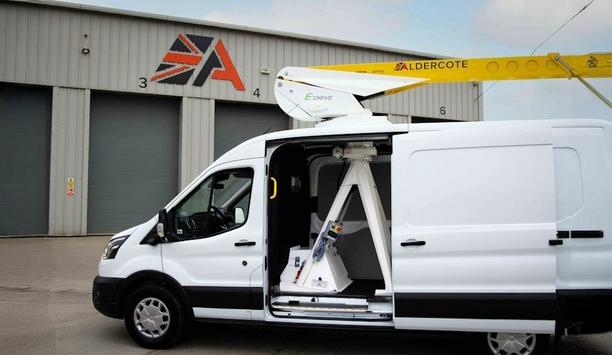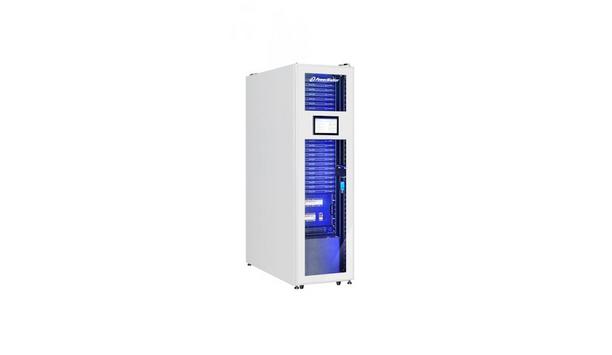Ecotricity’s mission is to fight climate change. By choosing their green energy, every one of their customers is actively reducing the amount of fossil fuel burned to produce electricity in Britain, helping push the economy towards the goal of net zero.
Hitting net zero carbon emissions is vital to prevent a climate catastrophe, Ecotricity says users can only achieve it by generating more green energy and being smarter about how to use it.
smart meters
That’s where the latest generation of smart meters comes in. They’re a crucial tool in the plan to decarbonize Britain over the next few years and Ecotricity is installing them free for all customers.
While automated meter readings are a big plus point, smart meters promise a lot more than that, here are just 4 of the ways that smart meters will help Britain reach net zero.
- Taking control of energy
The big step towards net zero comes when adding up all the small changes across Britain makes to their daily routines
One of the first things to notice with a smart meter is how easy it is to see how much energy is been used and how much it’s costing. Lots of people find it helps them make changes to their energy habits, whether that’s turning off appliances before going to bed or batch-cooking food to save time and money.
The big step towards net zero comes when adding up all the small changes that everyone across Britain makes to their daily routines. Even something as simple as only boiling the amount of water needed for morning coffee, instead of overfilling the kettle, significantly cuts the number of fossil fuels Britain needs to burn when 10 million households do this.
- Solving the EV challenge
As electric vehicles become increasingly commonplace on roads, the amount of electricity needed to charge them also increases. If everyone arrives home at the same time and plugs in, this will place a peak demand on the electricity grid and potentially need extra generation from fossil fuel sources, something that users want to avoid.
Smart meters have the potential to spread out this kind of intensive demand so that green energy can be used throughout. For example, most vehicles won’t need to be fully charged until the following morning, so there’s no need to charge every car in the shortest time.
Green energy
In the future, users might tell cars or an app about their driving needs, and they would communicate with smart meters to ensure green energy is being used to charge vehicles without creating a peak in demand.
What’s more, there’s the potential to be paid to use EV batteries as energy storage, where the National Grid could take energy back from vehicles to meet high demand, then replace it later.
- Helping the grid get smarter
Smart meters provide real-time insight into what people need to plan efficient green energy production
Unlike old-fashioned meters, smart meters monitor energy use throughout the day and keep a record of that information. Previously, energy suppliers and the National Grid had to try and work out trends in energy consumption through quarterly meter readings and the peaks and troughs in demand throughout the day across different regions.
The detailed information that smart meters provide will give a far better real-time insight into what people need, making it possible to plan efficient green energy production and supply at a more local level, helping to maximize the amount of green energy used.
- Making own electricity
If users have got a solar panel in their home, congratulations – they’re a renewable energy generator. The government’s Feed-in-Tariff scheme for solar power has ended for new applicants but users are working on something completely new, Smart Export Tariff, where Ecotricity will pay for the energy users contribute to green supplies.
Smart meters are what makes this possible and as solar panel prices continue to fall and the National Grid gets smarter, more and more will have the chance to sell our surplus green electricity, helping Britain get to net zero.



